
Gordon Haff is Red Hat technology evangelist, is a frequent and highly acclaimed speaker at customer and industry events, and is focused on areas including Red Hat Research, open source adoption, and emerging technology areas broadly. He is the author of How Open Source Ate Software from Apress and co-author of Pots and Vats to Computers and Apps: How Software Learned to Package Itself in addition to numerous other publications. Prior to Red Hat, Gordon wrote hundreds of research notes, was frequently quoted in publications like The New York Times on a wide range of IT topics, and advised clients on product and marketing strategies. Earlier in his career, he was responsible for bringing a wide range of computer systems, from minicomputers to large UNIX servers, to market while at Data General. Gordon has engineering degrees from MIT and Dartmouth and an MBA from Cornell’s Johnson School.


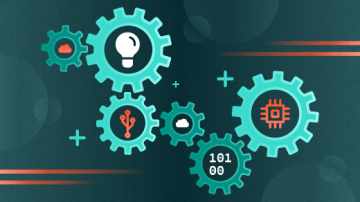

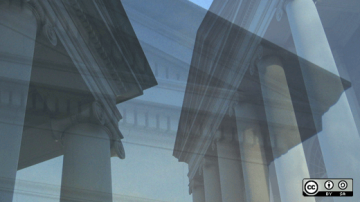


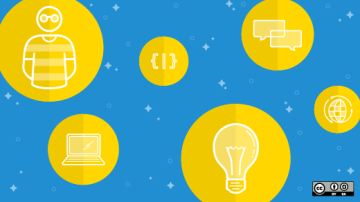
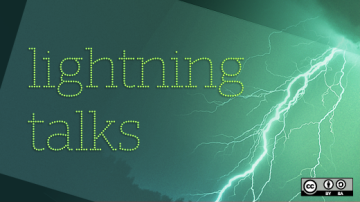
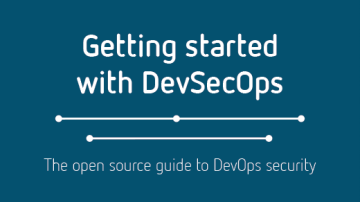

Authored Comments
It's definitely multi-dimensional. And, as the research shows, if people are getting paid reasonably, it's a lot easier to find other reasons to contribute.
Thanks! Lots of folks contributed and it was fun to pull everything together best I could.